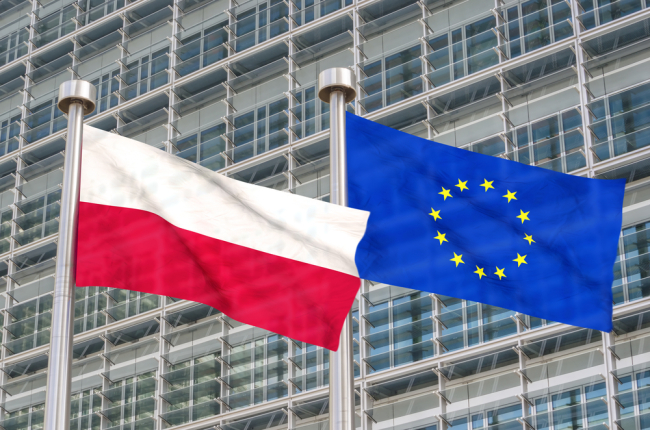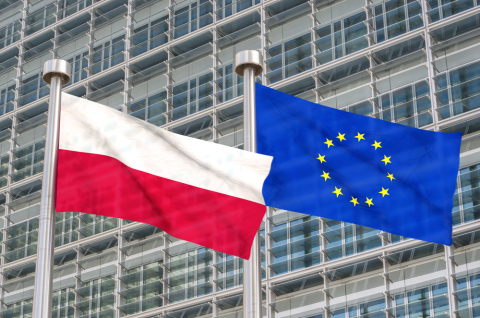
Practical information
North Africa and the Middle East a priori appeared as fragile spaces in the face of the Covid-19 pandemic: significant migratory flows, strong social inequalities as well as in the access to health structures, weak governance, violent protests and open wars could all amplify the health crisis and worsen the general situation.

However, two months after the first lockdown decisions, the region is not in such a bad shape. The contagion is more or less contained and the regimes take advantage of the forced lull to regain their marks. The competition of powers continues to be played out on the fringes of the health crisis, and its outcomes will depend on two factors: the evolution of conflicts, which temporarily evolve beyond the supervision of the international community, and the relative economic resilience of rentier countries, hit hard by falling oil prices.
A videoconference around Dorothée SCHMID, head of Ifri's Turkey/Middle-East program.
Chair :
Thomas Gomart, director of Ifri
This videoconference is for Ifri's members only and it will be conducted in French - Registered participants will receive the access codes a few hours prior to the debate.
Related Subjects
Other events

Affirming European security in times of uncertainty. Poland’s priorities of its presidency of the Council
Poland will assume the presidency of the Council of the EU throughout the first semester of 2025, when geopolitical tensions are likely to peak.

Paris Naval Conference 2025: Naval Power in support of Maritime Economy
This third edition of the Paris Naval Conference (CNP), bringing together high-level speakers from the military, industry and academia, aims to address the issues of securing the maritime economy for the world's navies.






